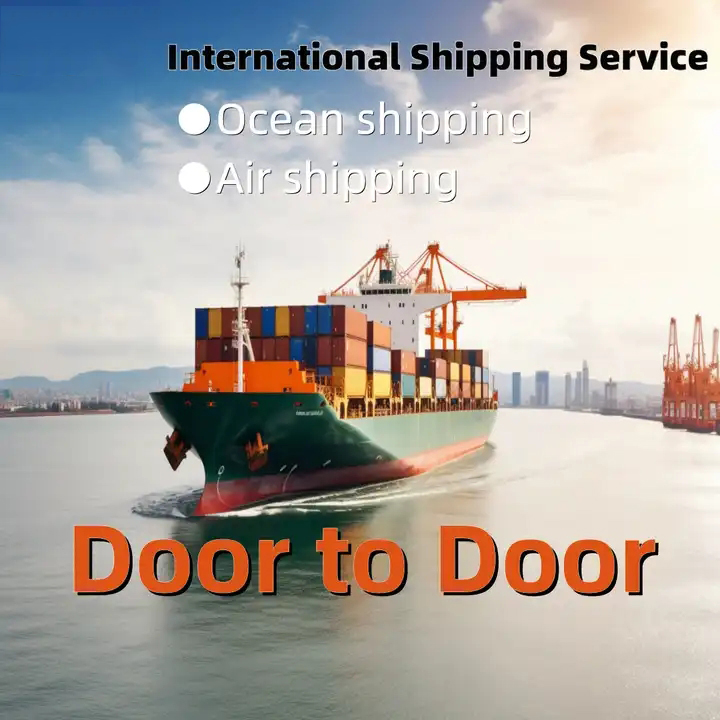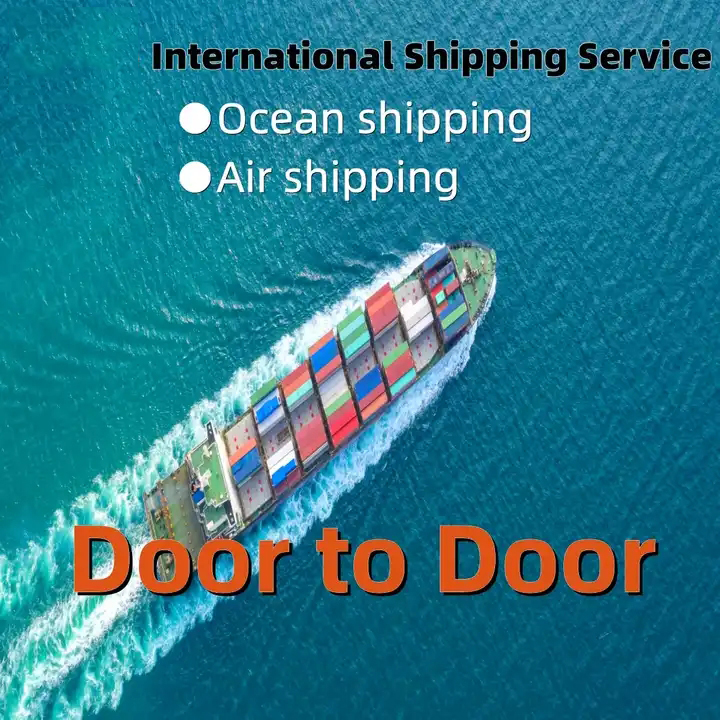After major international shipping companies detour, the pressure on African ports has come!
Recently, due to the escalating tensions in the Red Sea situation, many international shipping companies have chosen to avoid traditional Red Sea routes and instead detour to Africa, which has put increasing pressure on many African ports.
Due to the significant increase in ship voyages caused by detours to Africa, traders and industry sources have reported an increase in demand for ship fuel at ports such as Port Louis in Mauritius, Gibraltar, the Canary Islands, and South African ports, resulting in a significant increase in sales in Cape Town and Durban.
According to data from fuel supplier Integral8 Fuels, since the start of the Red Sea crisis in mid November, the price of low sulfur fuel delivered in Cape Town has risen by 15%, reaching nearly $800 per ton. Some ships on the Asia to Europe route even need to refuel more in Singapore in advance just in case.
At the same time, due to the inability of many port infrastructure in Africa to meet the sudden increase in shipping demand, some ports have also experienced congestion.
Colombo Port is a key port connecting Africa, the Middle East, and East Asia. According to statistics from the Port Authority of Sri Lanka (SLPA), the number of 20 foot containers (TEUs) processed by ports reached 6.94 million in 2023, an increase of 2% from the previous year.
Especially after the tense situation in the Red Sea emerged, the container throughput of Colombo Port increased sharply. In December, the number of containers handled by Colombo Port increased by 15% compared to a year ago.
An official from the management bureau said, "More and more shipping companies are using Colombo Port as a transit port, sometimes even transferring the entire cargo to other ships."
Colombo Port typically handles approximately 5000 to 5500 containers per day, but since the end of last year, the daily processing volume has increased by approximately 1000 containers.
